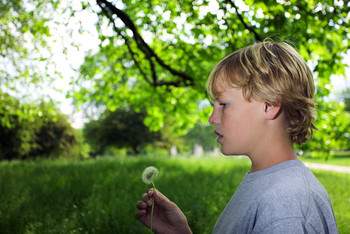
The Center for Disease Control (CDC) states that 1 in every 150 children has an autism spectrum disorder. But a report from the Vaccine Autoimmune Project puts the autism prevalence at 1 in every 67 children, based on Department of Education statistics.
Even that report only includes children who qualify for special education services through the autism eligibility category, and therefore potentially excludes thousands of children.
A recent report from the military also confirmed this number; there are more than 22,000 people service wide with a diagnosis of an autism spectrum disorder, almost all of them children of active duty or retired active duty dependents.
The numbers come to about 1 in 88 children of active duty personnel, and 1 in 47 retired active duty dependents, with a combined average of, once again, 1 in 67 military dependent children with autism.
No comments:
Post a Comment
Please feel free to leave your comment about the post, weather u liked it or not, if any thing u wanted to add or any type of suggestion.... just comment...
Thanks.